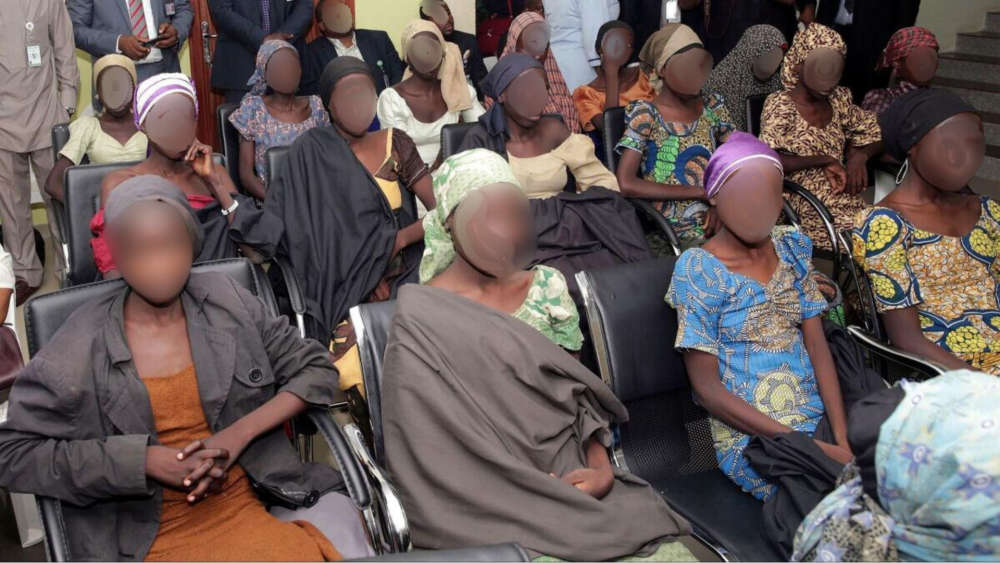
A United Nations committee says 91 of the schoolgirls abducted from Chibok, northeastern Nigeria, in 2014 remain missing or in captivity a decade later
The UN Committee on the Elimination of Discrimination against Women (CEDAW) disclosed the figure in a report released this week, following a two-week confidential mission to Nigeria in December 2023.
“The abduction of the Chibok girls was not an isolated tragedy but part of a series of mass abductions targeting schools and communities across northern Nigeria,” said Nahla Haidar, who chairs the committee.
“At least 1,400 students have been kidnapped since 2014, many taken for ransom, forced marriage, trafficking, or prisoner exchange.”
Chibok’s Pain
Boko Haram militants kidnapped 276 girls from Chibok Government Secondary School in Borno state on April 14, 2014, sparking the global #BringBackOurGirls campaign.
While 82 escaped on their own and 103 were freed through negotiations in 2016 and 2017, the fate of the remaining 91 girls is still unknown.
Survivors told the committee harrowing stories of forced marriages, religious conversions, childbirth in captivity, and repeated sexual violence.
Many who escaped or were released have since faced stigma in their communities and, in some cases, abandonment in internally displaced persons camps.
“These girls were failed twice — first when they were abducted, and again when so many of them were left without care or support after their return,” Haidar said.
Nigeria Faulted for Failing to Protect
The CEDAW report accused Nigerian authorities of failing to prevent targeted attacks on schools, to protect girls from abduction, and to ensure survivors’ rights to education and rehabilitation.
It also faulted the government for failing to criminalize abduction and marital rape across all 36 states.
CEDAW urged Nigeria to:
-
Proactively seek the release of the 91 missing Chibok girls.
-
Provide adequate funding and equipment for police to protect schools and communities.
-
Expand rehabilitation, counselling, and education support for survivors.
-
Destigmatize women and girls who were abducted and their children born in captivity.
The UN mission, which visited Abuja as well as states including Adamawa, Borno, Enugu, and Kaduna, found that mass abductions of women and girls remain common, often carried out by Boko Haram and other armed groups for ransom.
The report said survivors frequently face “extremely high risks of sexual violence, repeated rape by different men, and other physical abuse.”
School staff told investigators this was the first UN delegation to visit Chibok Secondary School since the 2014 attack.


